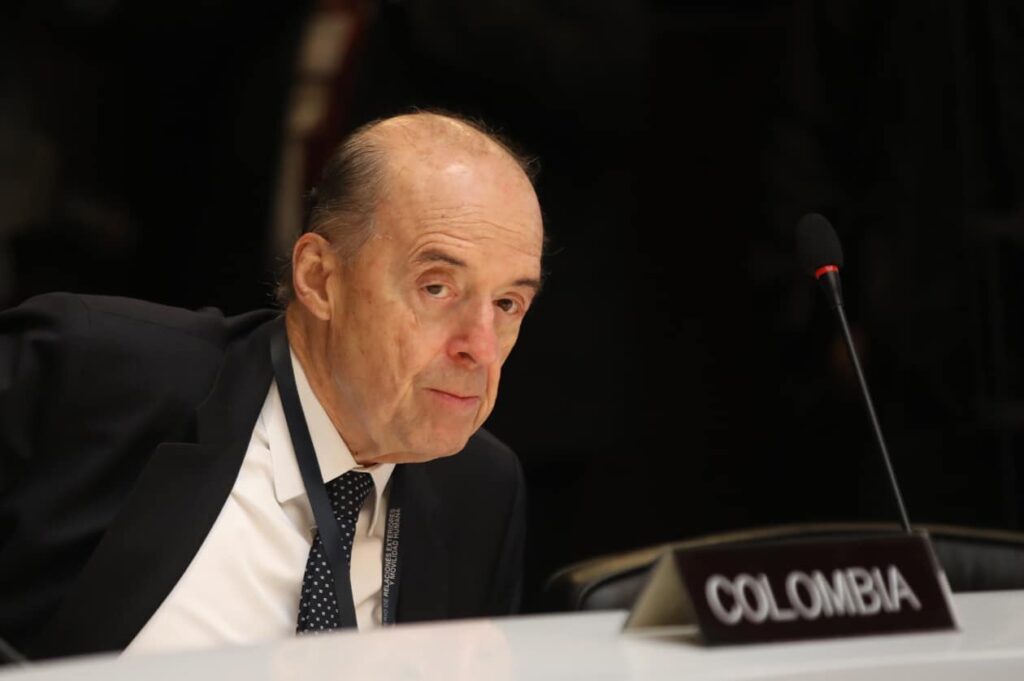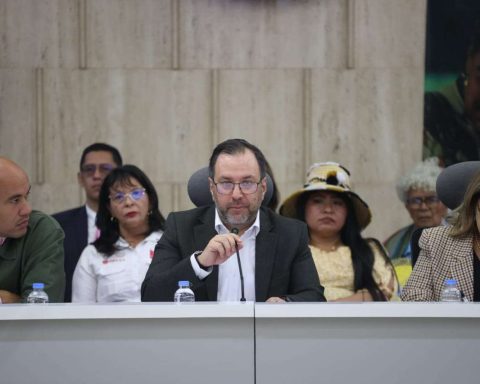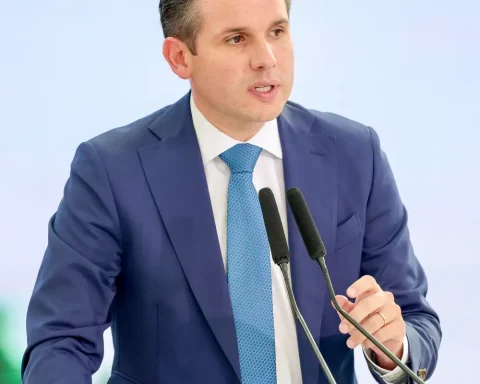Edward Murillo
Newspaper La Jornada
Tuesday, August 30, 2022, p. 13
The Supreme Court of Justice of the Nation invalidated all the reforms to the Federal Radio and Television Law (LFRYT) of 2017, because during its discussion and approval in the Senate the legislative process was violated. The plenary session of ministers did not go into the depths of the analysis of issues such as the rights of the hearings or the obligation to differentiate the content of opinion from the news, which were the acts challenged by opposition senators and the PRD.
The rapporteur minister, Alberto Pérez Dayán, explained that his agreement is based on the fact that not all the committees involved were summoned for the opinion, that the final proposal was not sent to all the members of the plenary session 24 hours before its vote , in addition to being included at the last minute on the list of issues to be resolved.
So, to order the immediate incorporation and discussion before the Plenary Session of the Senate during one afternoon, accommodated at the last minute and without having allowed 24 hours to elapse for knowledge of the opinion, added to the fact that its reading was dispensed with, therefore, it can be demonstrate that the democratic quality that should lead to any discussion is affected, when it comes to approving laws
said the lawyer.
Some ministers pointed out that, since they directly affect the indigenous communities, the reforms to the aforementioned legal framework should also be submitted to consultation in this sector of the population.
Minister Yasmín Esquivel insisted that the decision made by the SCJN eliminates the reform to the LFRYT, but only for violations of the legislative process, without prejudging the substance of the provisions. Invalidates in its entirety the decree that contains the norms demanded, so that the Congress of the Union, in use of its constitutional powers, legislate again on the rights of the hearings, with full respect in the exercise of the freedom of expression in radio and television stations in the country, taking into account that this full court does not impose guidelines or guidelines on the federal Legislature
.
Unlike other similar rulings, where the ministers invalidated reforms to current regulations, the Court did not give the Legislature a deadline to discuss the issue again, nor was it ordered to revive the previous law, which dates from 2014.
For its part, the National Chamber of the Radio and Television Industry considered that the Court’s decision protected free speech and attempted to overregulate the media
expressed in a letter signed by its president of the board of directors, José Antonio García Herrera.
Therefore, he stated, now it will be up to Congress to undertake a reform that, now yes, listens to all the voices involved, which will happen until the Court notifies the sentence, because one cannot be speculating or misinforming in what does not yet exist, a final sentence, called thickening
.















